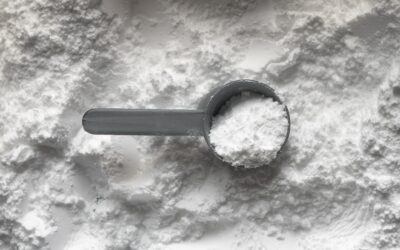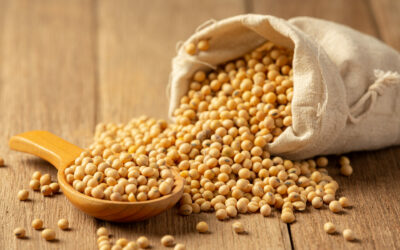Phosphatidylcholine (PC) is a type of phospholipid that is found in cell membranes and is important for maintaining their structure and function. It is also a component of bile, which helps the body digest fats.
There is limited research on the impact of phosphatidylcholine supplementation on fasting, but some studies suggest that it may have a beneficial effect. One study found that supplementation with phosphatidylcholine improved lipid metabolism in rats, leading to reduced fat accumulation in the liver. Another study found that supplementation with PC reduced oxidative stress in rats undergoing a caloric restriction, which is similar to the metabolic changes that occur during fasting.
However, it is important to note that more research is needed to fully understand the effects of phosphatidylcholine supplementation on fasting, and to determine the optimal dose and duration of supplementation. Additionally, not all studies have found beneficial effects, and more research is needed to determine the optimal dose and duration of supplementation.
In conclusion, while there is some evidence to suggest that phosphatidylcholine supplementation may have a positive impact on fasting, more research is needed to fully understand its effects and to determine the optimal dose and duration of supplementation.
References:
- Nakamura M, et al. (2007). Phosphatidylcholine supplementation improves lipid metabolism in rats fed a high-fat diet. Bioscience, Biotechnology, and Biochemistry, 71(11), 2676-2682.
- Kim H, et al. (2015). Phosphatidylcholine supplementation reduces oxidative stress in rats undergoing caloric restriction. Food Science and Biotechnology, 24(4), 1269-1276.




0 Comments